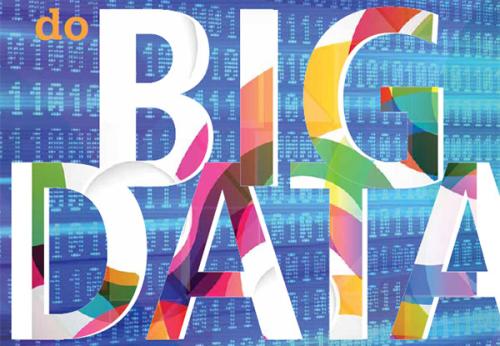With much of our lives taking place online, researchers are increasingly turning to information from the World Wide Web to gain insights into geographic patterns and processes. Web scraping as an online data acquisition technique allows us to gather intelligence especially on social and economic actions for which the Web serves as a platform. Specific opportunities relate to near-real-time access to object-level geolocated data, which can be captured in a cost-effective way. The studied geographic phenomena include, but are not limited to, the rental market and associated processes such as gentrification, entrepreneurial ecosystems, or spatial planning processes. Since the information retrieved from the Web is not made available for that purpose, Web scraping faces several unique challenges, several of which relate to location. Ethical and legal issues mainly relate to intellectual property rights, informed consent and (geo-) privacy, and website integrity and contract. These issues also effect the practice of open science. In addition, there are technical and statistical challenges that relate to dependability and incompleteness, data inconsistencies and bias, as well as the limited historical coverage. Geospatial analyses furthermore usually require the automated extraction and subsequent resolution of toponyms or addresses (geoparsing, geocoding). A study on apartment rent in Leipzig, Germany is used to illustrate the use of Web scraping and its challenges. We conclude that geographic researchers should embrace Web scraping as a powerful and affordable digital fieldwork tool while paying special attention to its legal, ethical, and methodological challenges.
翻译:暂无翻译




